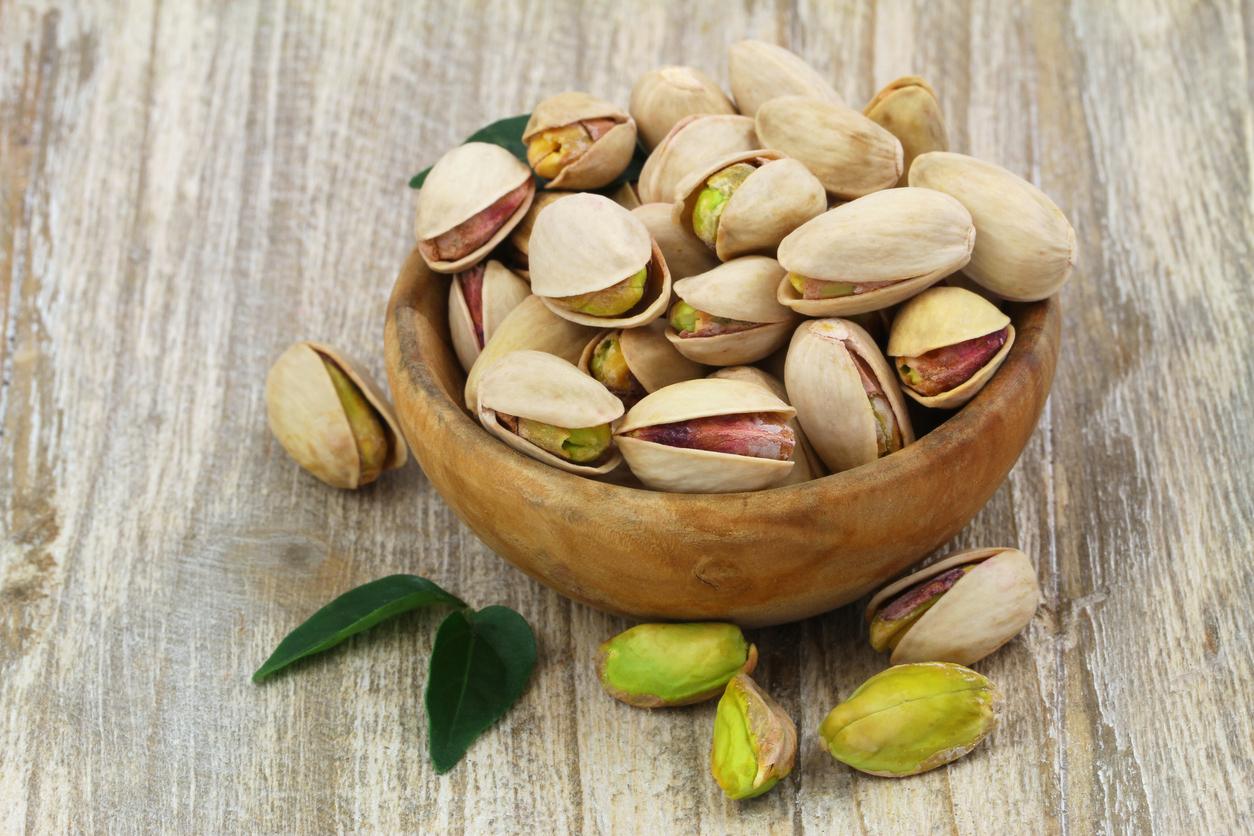October 19, 2001 – A Report1 published in Archives of Ophthalmology of October suggests that administration of high doses of antioxidants (vitamins C and E as well as beta-carotene) combined with a zinc supplement may slow or even prevent the loss of vision caused by macular degeneration associated with age.
The study consisted of evaluating the effect of high doses of antioxidants and zinc on the development of advanced macular degeneration in the elderly. Participants aged 55 to 80 were divided into four groups. They received randomly daily either a dosage of antioxidants composed of 500 mg of vitamin C, 400 IU of vitamin E, and 15 mg of beta-carotene; either 80 mg of zinc, or zinc oxide and copper, or 2 mg of cupric oxide; either a dosage of antioxidant vitamins combined with zinc; a placebo. Although the doses administered were higher than the usual recommended dosage, the researchers found no significant side effects. To prevent the risk of anemia associated with taking large doses of zinc, subjects received an additional 2 mg of copper per day.
Research results show that in subjects who received vitamin and zinc dosing, there was a 25% reduction in the risk of worsening the disease as well as a 19% reduction in the risk of losing their sight. compared to the placebo group. So if the seven million Americans with macular degeneration took an intermediate dose of antioxidants with zinc for a period of five years, nearly a quarter of a million people could avoid blindness. .
Age-related macular degeneration is the most common cause of vision loss and disturbance in people aged 65 and older. In the first stage of the disease, deposits called “druses” are noticed in the macula – the central part of the retina behind the eyeball. In the “dry” form of the disease, the photoreceptors (cells sensitive to light) break down and interfere with the acuity of vision. The “wet” form (less common, but more serious) is characterized by the formation of blood vessels behind the retina which can drain and rapidly deteriorate vision. The methods used to treat the wet form are laser photocoagulation or the use of laser sensitive substances.
Until this very latest study, there was no therapy for the dry form of macular degeneration. The results are promising enough to recommend the use of antioxidants and zinc for all subjects in the intermediate stage of the disease. On the other hand, people at risk or in the first stage of the disease are not recommended to take large doses of supplements since the data show no benefit at this stage of the degeneration, nor any evidence regarding the risks of side effects to long term. People aged 55 and over are strongly advised to have a visual examination as a preventive measure.
Monique Lalancette – PasseportSanté.net
According to InteliHealth, October 12, 2001
1. Age-Related Eye Disease Study Research Group. A Randomized, Placebo-Controlled, Clinical Trial of High-Dose Supplementation With Vitamins C and E, Beta Carotene, and Zinc for Age-Related Macular Degeneration and Vision Loss. Arch Ophthalmo 2001; 119: 1417-1436.














